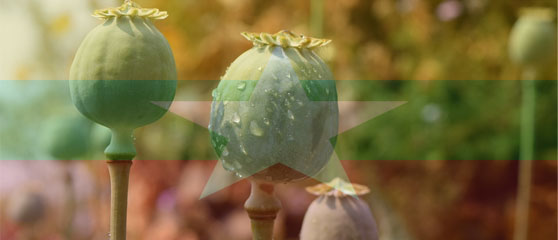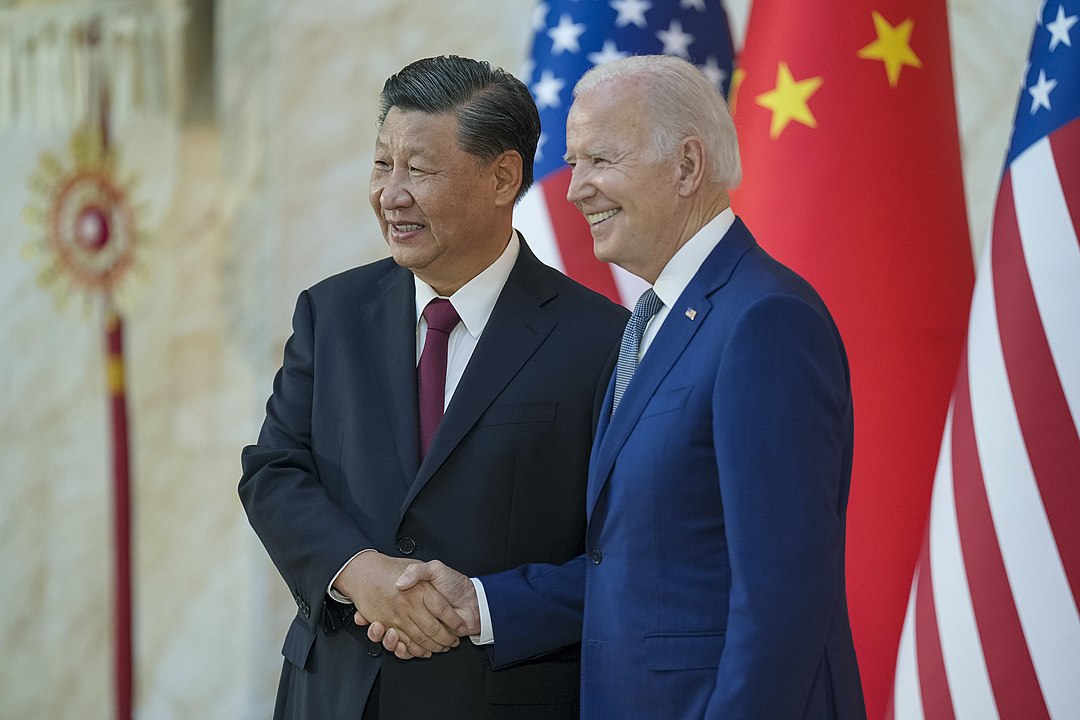The Myanmar government is receiving support from the UN to develop a new national drug policy, as the rates of opium cultivation continues to rise in the country.
Myanmar’s drug policy is currently governed by the Narcotic Drugs and Psychotropic Substances Law (1993). Under this legislation, people who use drugs face three years imprisonment if they fail to register their narcotic use. It is mandatory for all people who are registered as using drugs to attend so-called “drug rehabilitation” centres. These facilities are run by private non-governmental organisations, implementing unregulated treatment methods.
The government is also in the process of implementing a large-scale 20-year poppy eradication programme, which was launched in 1999.
To change the current approach, the Myanmar government is working with the United Nations Office on Drugs and Crime (UNODC) to draft new legislation.
In April 2016, the UNODC recommended that the Myanmar government update its drug policy to adhere to the outcome document published after the United Nations General Assembly Special Session on the World Drug Problem (UNGASS). Broadly, this includes the adoption of an evidence-based and health-focused approach to drug legislation by applying practical strategies aimed at reducing the negative effects of drug use.
These suggestions built upon existing advice that the United Nations has publicly given to the Myanmar government.
In 2015, following a review of Myanmar’s drug policy, the UNODC made several key recommendations: the reduction of penalties for minor drug offences, the removal of compulsory registration for drug users, the transference of drug offence prisoners to drug treatment centres, and the implementation of other harm reduction strategies.
Findings in the UNODC World Drug Report 2016 demonstrate the failure of current drug policies in Myanmar, and the urgent need for reform.
After Afghanistan, Myanmar is the largest opium producer in the world, cultivating 20 per cent of the world’s supply. The UNODC estimates that there are over 133,000 opium producing households.
Opium trafficking from the Golden Triangle – a cultivation region crossing the borders of Myanmar, Laos, and Thailand – “is on the increase, mainly due to rising levels of opium production in Myanmar after 2006”, the report claims.
The UNODC suggests that Myanmar's current approach, the destruction of opium plantations, is not the most efficient way to reduce production. Many opium poppy farmers will become further impoverished if their crops are eradicated, the organisations suggests, and would have few alternatives but returning to opium cultivation.
Instead, the UNODC suggests, the government should implement alternative development programmes – such as providing farmers with coffee crops – to allow former opium farmers to have an alternative and legal income source.
According to Al Jazeera, the Myanmar Ministry of Healh estimates that there are now 83,000 "injecting drug users" in the country, compared to 75,000 in 2015. In a 2015 UNODC study, 0.9 per cent of adults in surveyed villages reported opium use; this represents a reduction in prevalence compared to 2014, but remains higher than the 2012 rate.
With the continued criminalisation of drug offences, a lack of harm reduction provisions, and an alarmingly high HIV rate (23 per cent) among people who inject drugs, the high rate of injecting drug use may turn into a serious health crisis.
Authorities claim that the state’s new drug policy will be drafted by April 2017. However, for the first time in decades, Myanmar has a semi-elected legislature rather than a military government. It is uncertain what effect this may have on the approval of the UNODC's recommended drug policies.


